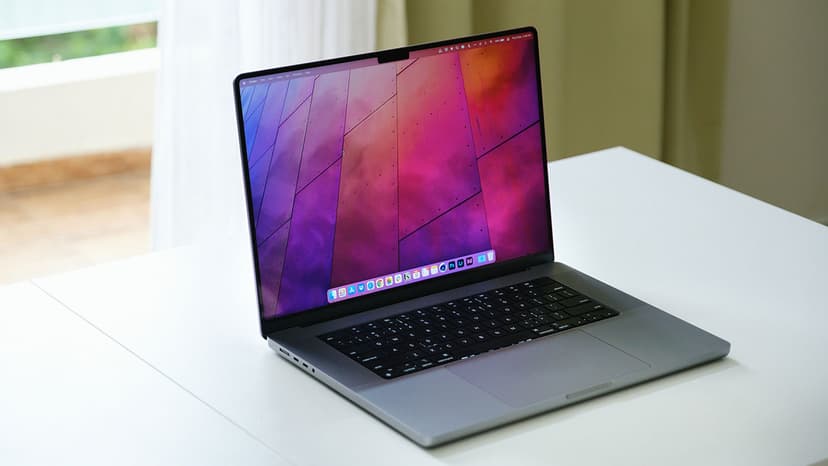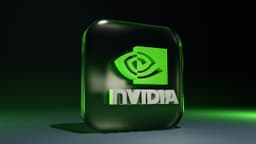Open Source and Software Development Licenses
When starting as a developer, you'll quickly notice that software varies significantly in permissions. Numerous licenses exist, each with unique rules governing the use, modification, and distribution of software. Understanding software licenses can initially be confusing, but with basic knowledge, you can navigate through open-source and software development licenses effectively.
The Rise of Software Licenses
What happens when you create software? You may want to maintain some control over its use and distribution. This is where licenses become important. They define how others can engage with your software.
The MIT License – Freedom with Minimal Strings Attached
One of the most permissive licenses is the MIT License. This license allows users to do almost anything with the code, as long as they keep the original license and copyright notice intact. It's an excellent choice for developers who want to share their work with minimal restrictions.
The Apache License 2.0 – Taking It a Notch Higher
The Apache License 2.0 offers more detail than the MIT License. In addition to its freedoms, it includes explicit patent rights granted by contributors to users. This means users can utilize the software without worrying about patent infringement. This license is beneficial for those concerned with patent protections.
The GPL – Like a Recipe Shared with a Promise
The General Public License (GPL) was created by Richard Stallman and the Free Software Foundation. It allows users to modify software but requires that those modifications must also be shared under the same GPL terms. This fosters a community of sharing and collaborative development, aligning with the principles of free software.
Additional Open Source Licenses
The Creative Commons Family
The Creative Commons licenses are typically used for creative works. They offer various options, such as allowing commercial use or requiring shared modifications. These licenses set specific usage terms for different types of content.
The Mozilla Public License 2.0
The Mozilla Public License 2.0 balances permissive and copyleft licenses. Modifications must be shared under the same license, but linking proprietary code with MPL-covered code is permitted. This allows for collaboration while still protecting core technologies.
Choose Wisely
Choosing the right license for your project is crucial. Will everyone have free access to all features (MIT License), or will modifications need to be shared as well (GPL License)? This choice reflects your goals and the intended interaction with users and contributors.
Company and Project Examples
Notable companies have adopted various licenses. For example, Google frequently utilizes Apache for its open-source projects, while WordPress employs GPL to keep its platform free and open for community contributions.
(Edited on September 4, 2024)












